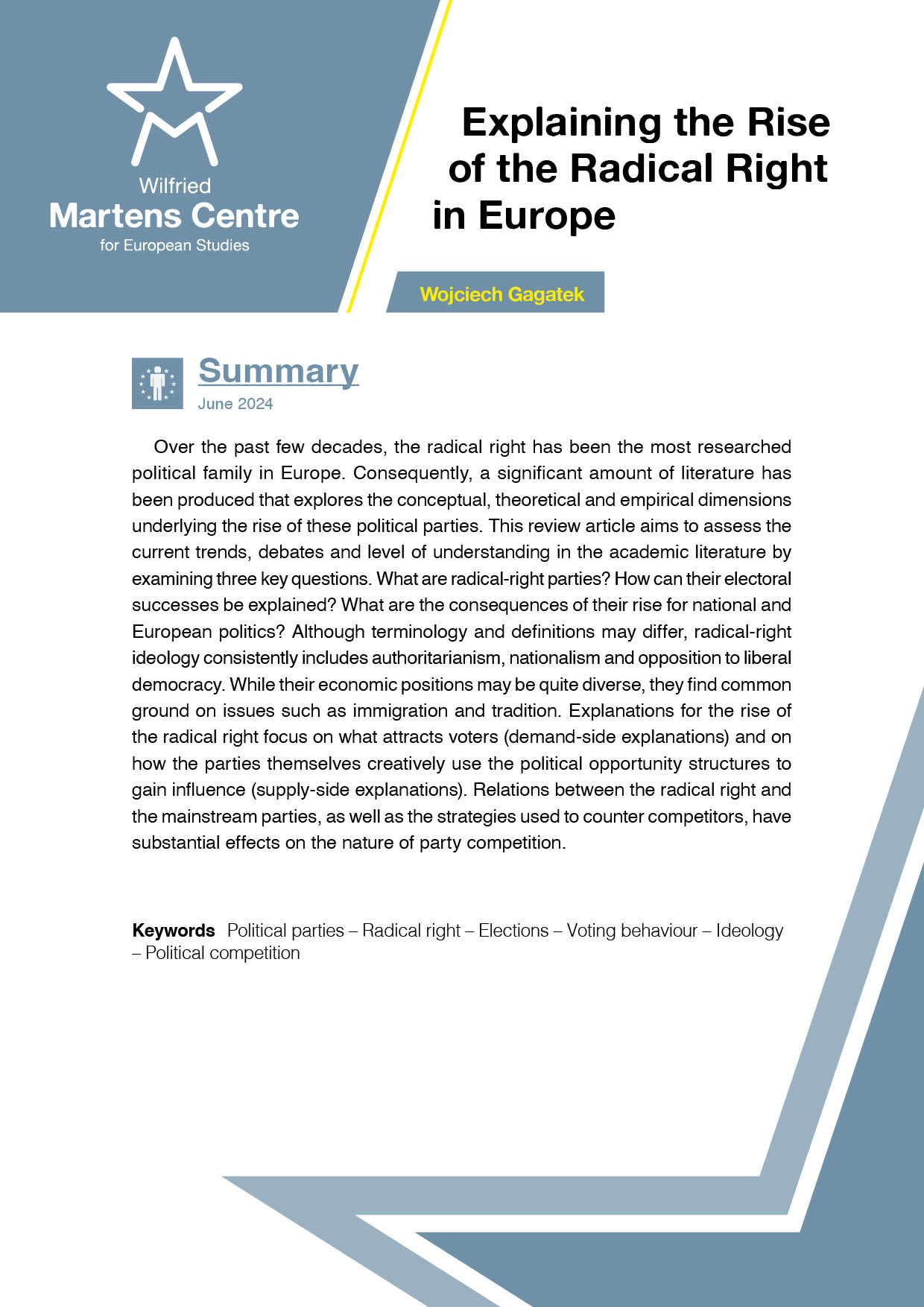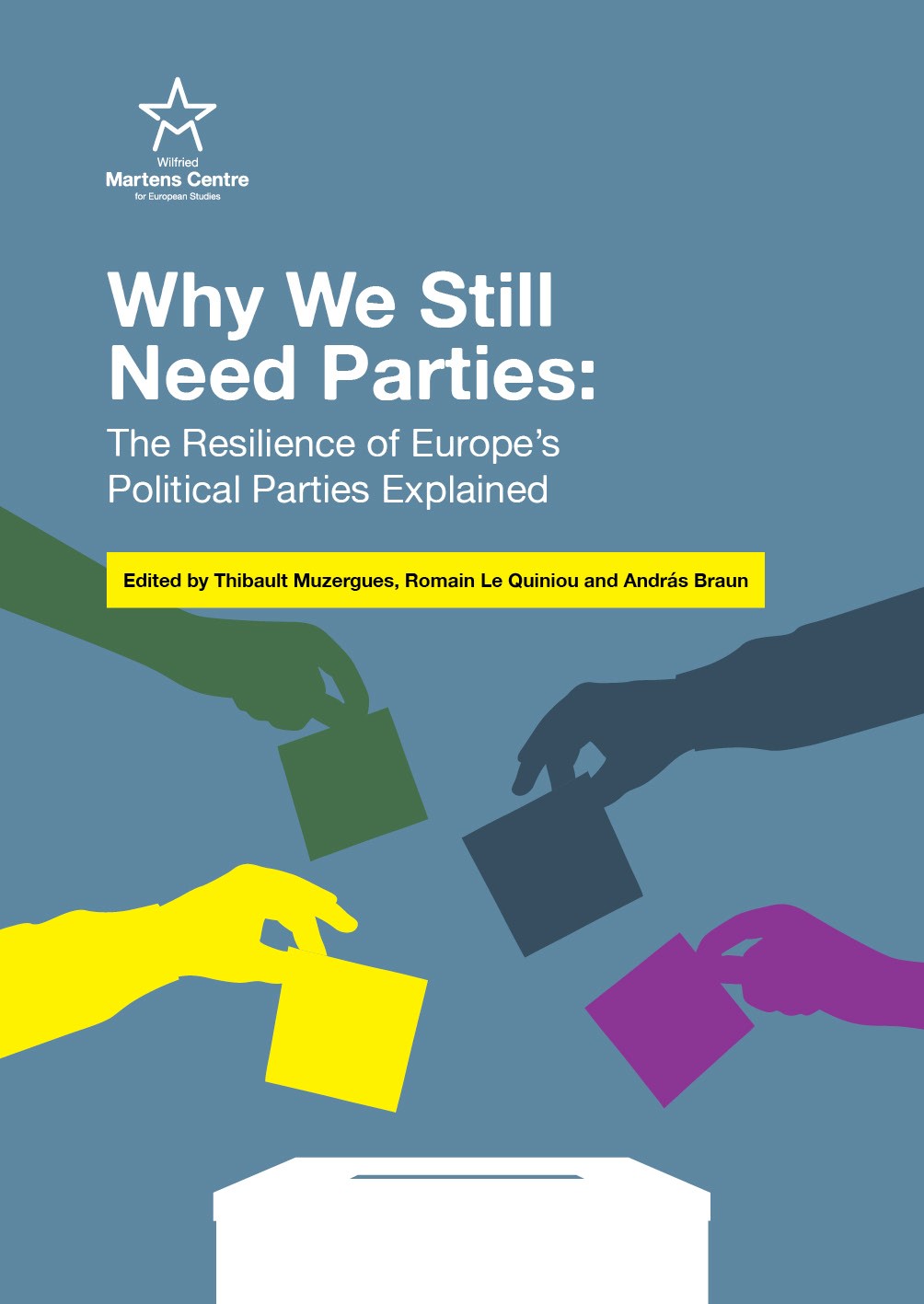Can political parties evolve if the political system does not?
08 September 2015
Many current societal trends seem to be working against party-based democracy. A major decline in the membership of political parties has long been observed. Similarly, voter participation in elections, of all types, has fallen. As a result, the need for the renewal of political parties has become prominent in public discourse. Almost ironically, while democracy and the values it presents are still considered of high importance, public perception of political parties and institutions is rather negative.
Party politics is seen by many as a necessary evil. Yet, political parties are an essential part of a well-functioning democratic system, as democracy is a universal value and the democratic system undoubtedly one of the greatest achievements of Western civilisation.
Political parties and their structures evolved when society was fundamentally different—mostly in the late nineteenth century and early twentieth century—and the origins of our current modern parliamentary systems can be dated to almost 350 years ago. In today’s world, the environment in which political parties find themselves operating has fundamentally changed.
Globalisation, through the digital communications revolution, has changed how society is structured, how individuals work and how they communicate. However, parliamentary democracy as a system remains largely unchanged, and the same is true of political parties.
To what extent can one expect political parties to renew themselves and to better respond to current societal challenges? Is such an adaptation even possible without the evolution of the political system which includes the democratic and state institutions?
In order to answer these questions, one must understand the changes in the political environment, analyse the changing dynamics between different political actors, and understand the global trends affecting political parties on the national and local level.
A new environment for political parties: fragmentation, globalisation and changing societal dynamics
The traditional left–right divide in party politics was based on clear divisions in society which largely no longer exist. Large segments of society are fragmented and this means that the major political platforms of the past are now being challenged or are no longer functioning. Fragmentation is the new norm in politics and parliaments. In recent years supporters within parties have coalesced politically while moving ever further away from the supporters of other parties.
This phenomenon is very visible in the US, but it is also present in Europe. The result is that party politics has become increasingly polarised on both sides of the Atlantic. This polarisation makes compromise, and thereby effective governance, more difficult. Voter volatility, decreasing credibility and the corrosion of party loyalties have become normal in European party politics.
Read for FREE the full article published in the June 2015 issue of the European View, the Martens Centre policy journal.
ENJOYING THIS CONTENT?



















